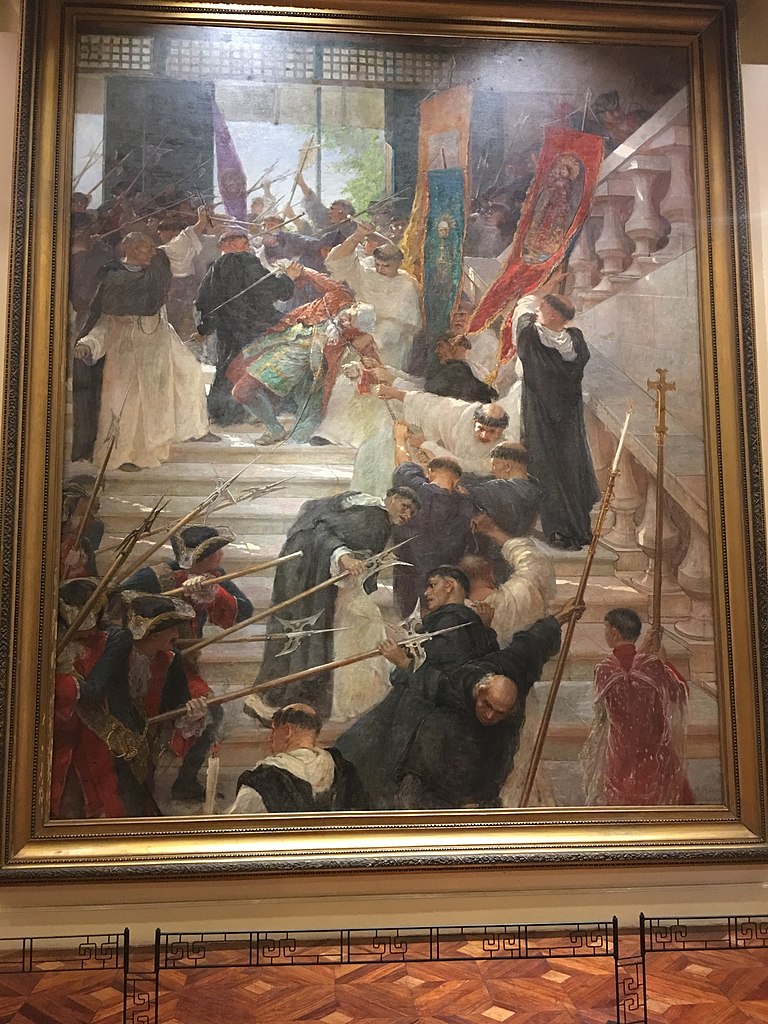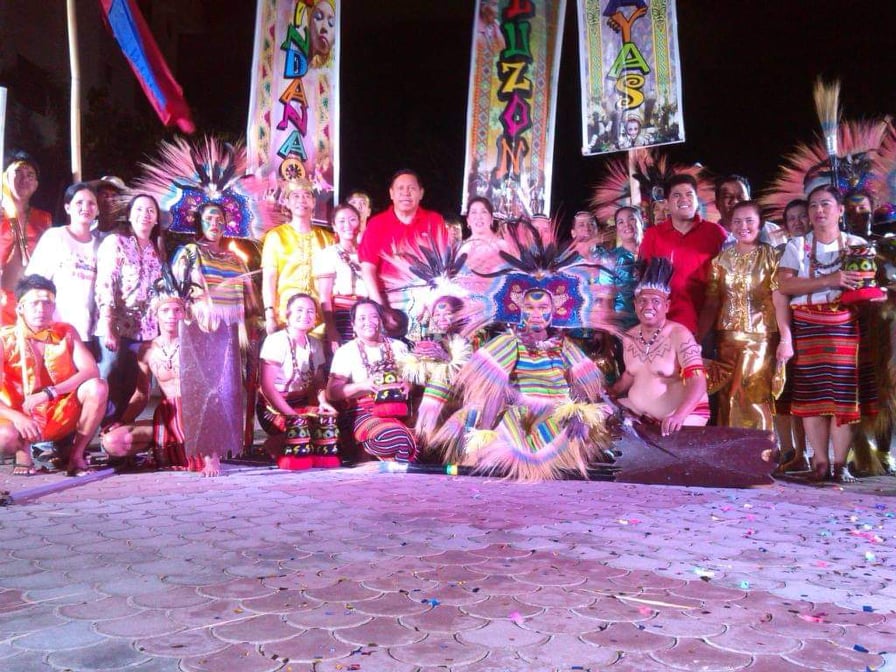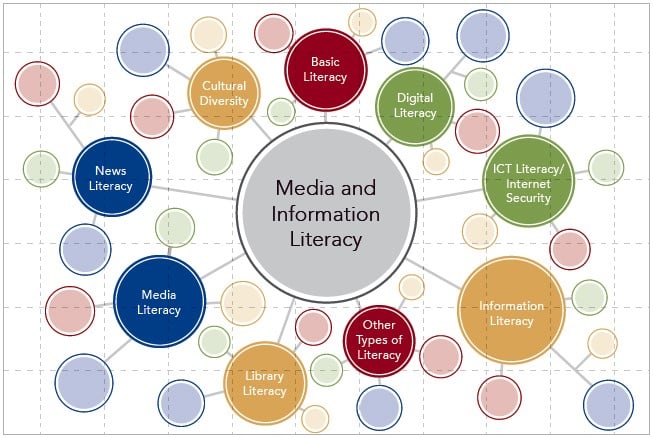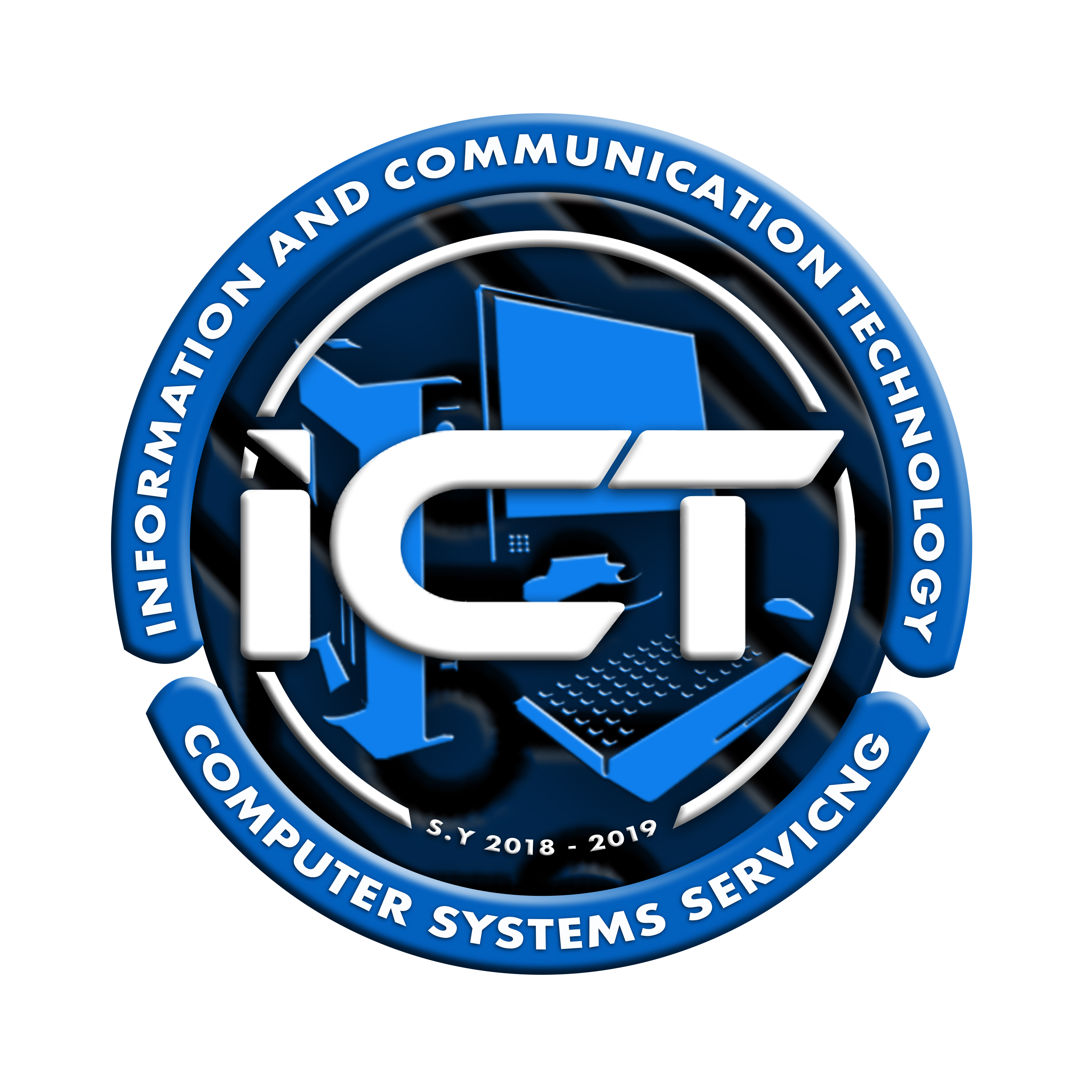
Community Engagement, Solidarity and Citizenship
This course focuses on the application of ideas and methods of the social sciences to understand, investigate, and examine challenges of contemporary community life. It focuses on community-action initiatives such as community engagement, solidarity, and citizenship as guided by the core values of human rights, social justice, empowerment and advocacy, gender equality, and participatory development. It aims at enhancing students’ sense of shared identity and willingness to contribute to the pursuit of the common good of the community. It enables students to integrate applied social sciences into community-action initiatives.

Contemporary Philippine Arts from the Region
The term contemporary arts refers to art produced today. It can be through the form of painting, sculpture in the Philippines, photography, installation, perporfamnce, and video art.

Business Ethics and Social Responsibility
The course deals with the fundamental concepts, principles, and practices of ethical standards in the business environment. It combines the theoretical foundations of setting up business enterprises with the conduct of entrepreneurial activities in the context of one’s accountability and social responsibility.
Specifically, the course aims to:
(1) provide students with a basic understanding of the mechanisms whereby companies can be made to act in the best interest of shareholders, other stakeholders, and society as a whole;
(2) provide students with knowledge of general ethical principles as applied to the special situations of business and the ability to make informed judgments through case analyses; and
(3) equip students with the ability to formulate basic strategies in relation to corporate ethics and governance.

Understanding Culture, Society and Politics
This course uses insights from Anthropology, Political Science, and Sociology to develop student's awareness of cultural, social and political dynamics, and sensitivity to cultural diversity, provide them with an understanding of how culture, human agency, society and politics work; and engage them in the examination of the country's current human development goals. At the end of the course, student's should acquire ideas about human cultures, human agency, society and politics, recognize cultural relativism and social inclusiveness to overcome prejudices; and develop social and cultural competence to guide their interactions with groups, communities, network, and institutions.

CAREGIVING NC 11
This course is designed for a student to develop knowledge, skills, and attitude to perform
the tasks on Caregiving. It covers core competency on Providing care and support to infants and toddlers.This course is designed for a student to develop knowledge, skills, and attitude to perform
the tasks on Caregiving. It covers core competencies namely: (1) providing care and support to infants and toddlers; (2) providing care and support to children; and (3)
fostering social, intellectual, creative, emotional; and (4) foster physical development of children.

Media and Information Literacy
The course introduces the learners to basic understanding of media and information as channels of communication and tools for the
development of individuals and societies. It also aims to develop students to be creative and critical thinkers as well as responsible users and competent producers of media
and information.

GENERAL BIOLOGY 2
General Biology II is a
specialized subject of the strand Science, Technology, Engineering and
Mathematics. This is designed to enhance the understanding of the
principles and concepts in the study of biology, particularly heredity and
variation, and the diversity of living organisms, their structure, function,
and evolution.
Topics covered:
1. Plant and Animal Organ
Systems and their Functions
2. Feedback Mechanisms
3. Mendel’s Laws of
Inheritance
4. Sex Linkage
5. Central Dogma of
Molecular Biology
6. Relevance,
Mechanisms, Evidence/Bases, and Theories of Evolution
Topics covered:
1. Plant and Animal Organ Systems and their Functions
2. Feedback Mechanisms
3. Mendel’s Laws of Inheritance
4. Sex Linkage
5. Central Dogma of Molecular Biology
6. Relevance, Mechanisms, Evidence/Bases, and Theories of Evolution

Information and Communication Technology - Computer Systems and Servicing 12
The COMPUTER SYSTEMS SERVICING NC II Qualification consists of competencies that must possess to enable to install and configure computers systems, set-up computer networks and servers and to maintain and repair computer systems and networks.
This Qualification is packaged from the competency map of the Electronics Industry as shown in Annex A.
The units of competency comprising this qualification include the following:
Code BASIC COMPETENCIES
- 500311105 Participate in workplace communication
- 500311106 Work in a team environment
- 500311107 Practice career professionalism
- 500311108 Practice occupational health and safety procedures
Code COMMON COMPETENCIES
- ELC315202 Apply quality standards
- ELC311203 Perform computer operations ELC311201 Perform mensuration and calculation
- ELC311202 Prepare and interpret technical drawing
- ELC724201 Use hand tools
- ELC724202 Terminate and connect electrical wiring and electronic circuits
- ELC724205 Test electronic components
Code CORE COMPETENCIES
- ELC724331 Install and configure computer systems
- ELC724332 Set-up Computer Networks
- ELC724333 Set-up Computer Servers
- ELC724334 Maintain and Repair Computer Systems and Networks
A person who has achieved this Qualification is competent to be:
INQUIRIES, INVESTIGATION AND IMMERSION
The 3 I’s: Inquiry, Investigation and Immersion module is
a way of
realizations that come along their
life
such as the different issues which
surrounds them. This
query
is the act of asking for information that leads to exploration and absorption.



